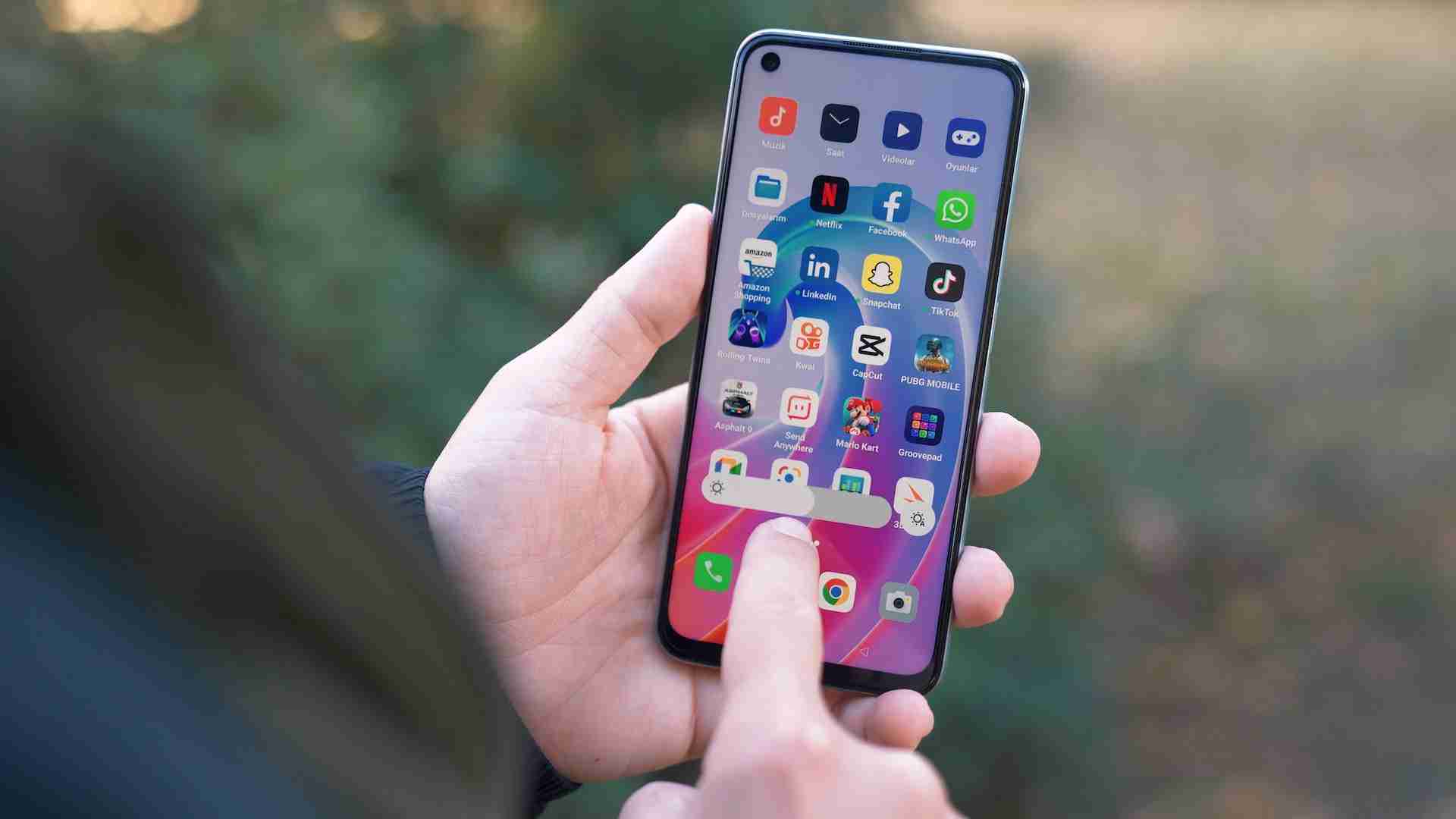The Google Play Store is an online store for the Android operating system, developed by Google.
It allows users to browse and download applications developed with the Android SDK and published through Google.
It also serves as the official app store for the Android operating system, allowing users to browse, download, and update applications published through Google.
The Google Play Store is the primary way for users to find and install Android applications.
It contains a wide range of applications, including music, games, books, movies, and more. The store also offers a variety of free and paid applications.
Additionally, the Google Play Store offers a range of subscription services, such as Google Play Music and Google Play Movies & TV.
The Google Play Store also offers a range of content, including books, magazines, and TV shows.
The Google Play Store also offers a range of tools for developers, such as the Google Play Developer Console.
This tool allows developers to manage their applications, track downloads, and view analytics.
Additionally, developers can use the Google Play Store to publish and distribute their applications. The Google Play Store also offers a range of services, such as in-app purchases, subscriptions, and promotional campaigns.
The Google Play Store also offers a range of features, such as the ability to rate and review applications, as well as a range of security and privacy features.
Additionally, the Google Play Store allows users to share applications with their contacts, as well as to access their account information.
The Google Play Store also provides access to a range of services, such as Google Play Games, Google Play Music, and Google Play Movies & TV.
If you’re a publisher or an Android developer then you have the scope to publish the Android applications on the Google Play Store as well as on other platforms.
Google charges a one-time fee of $25 bucks for publishing Android applications whereas other platforms change almost nothing to publish an Android application.
In this article, I’ll try to figure out some of the alternatives of the Google Play Store that you should know as a developer or publisher.
Read more:-
6 Steps To Update Google Play Store
The First Android Application On the Play Store
Here are some of the major alternatives to the Google Play Store:
1. Apple App Store – For iOS devices like iPhones and iPads. It has a large selection of apps but is only available on Apple devices.

2. Amazon Appstore – Available on Android devices, Fire OS devices like Fire tablets, and Fire TVs. It has a decent collection of apps and also offers an app-of-the-day promotion.

3. Samsung Galaxy Store – Pre-installed on Samsung Android devices. It has a curated collection of apps optimized for Samsung phones and tablets.
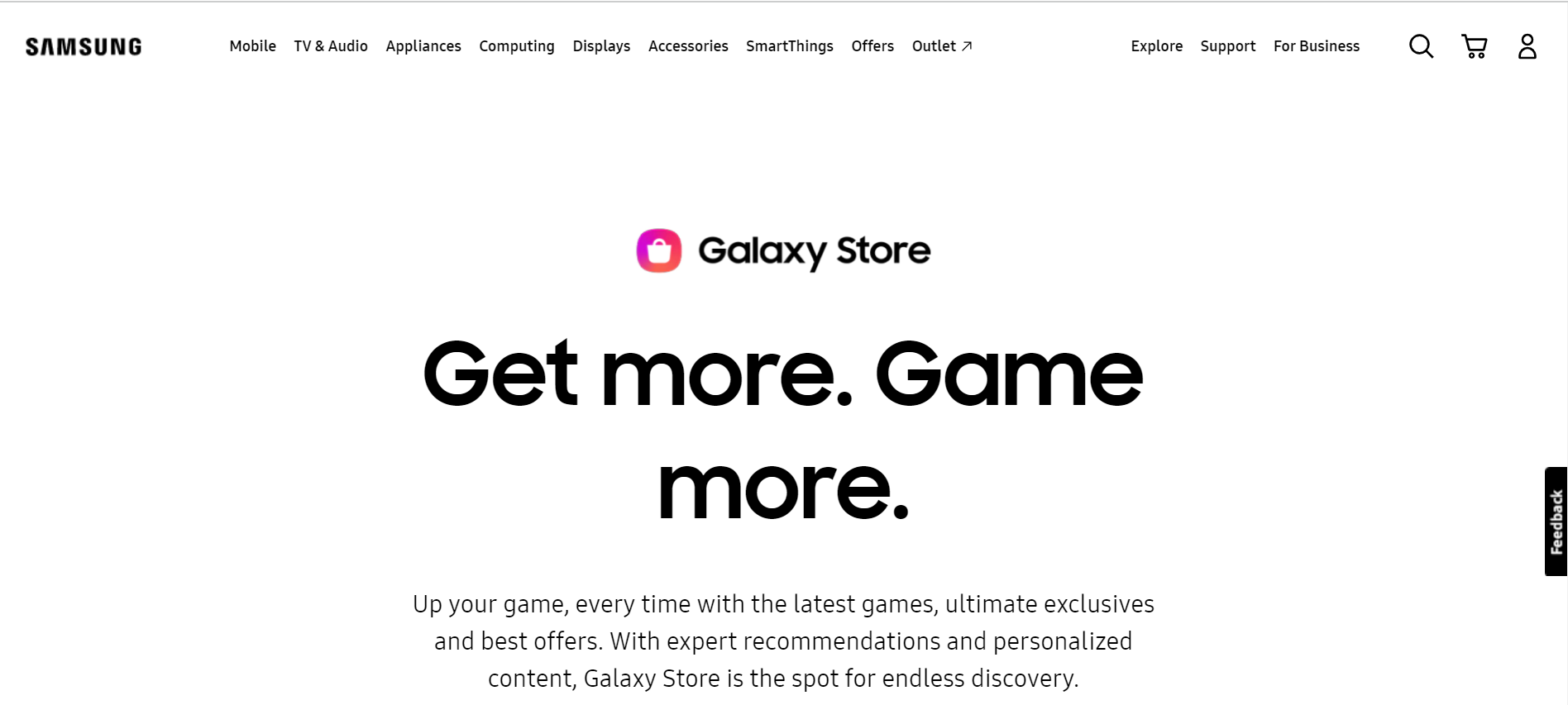
4. APKMirror – Large repository of free Android apps as APK files that can be sideloaded on Android devices. However, apps are not officially verified like on app stores.
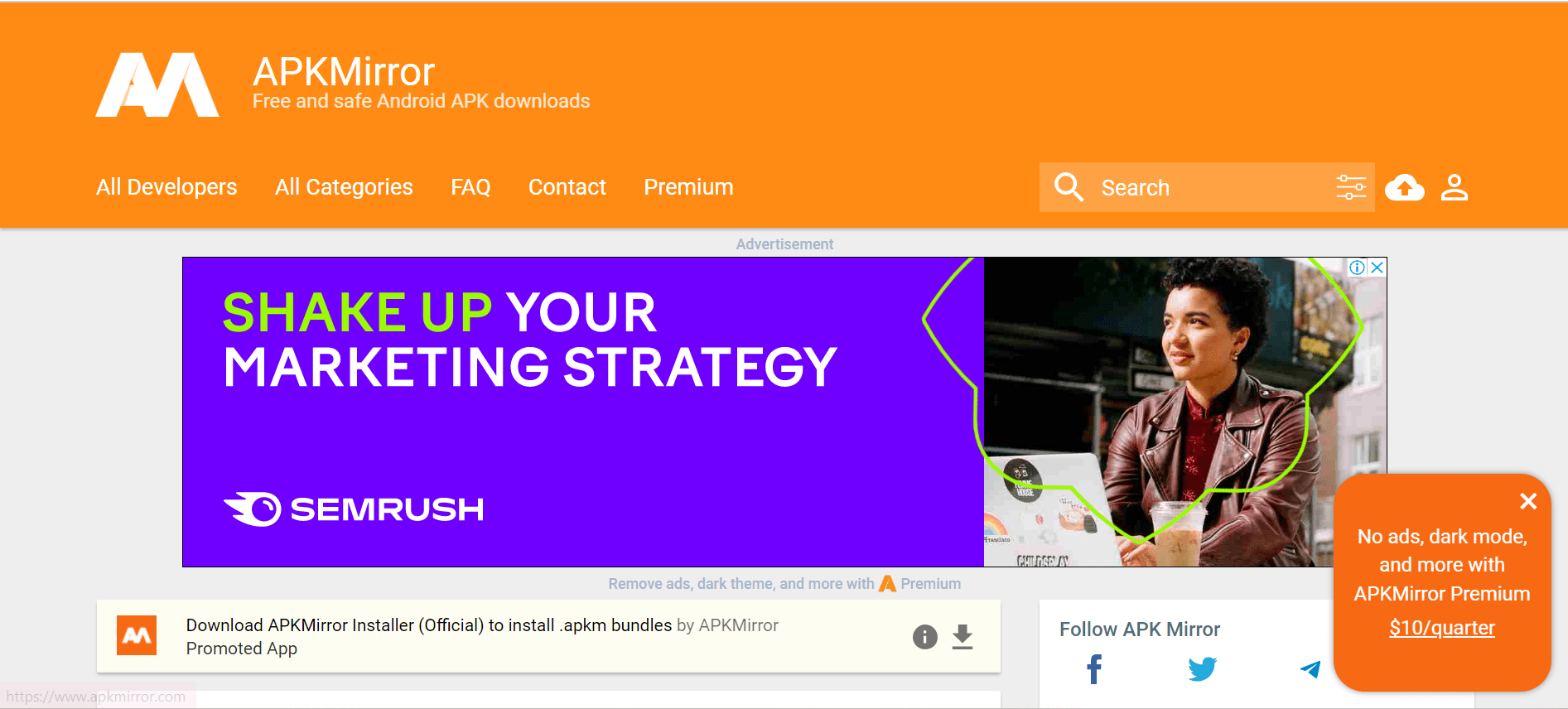
5. F-Droid – Non-profit app store for free and open-source Android apps. All apps are vetted to meet certain standards of privacy, security, and ethics.
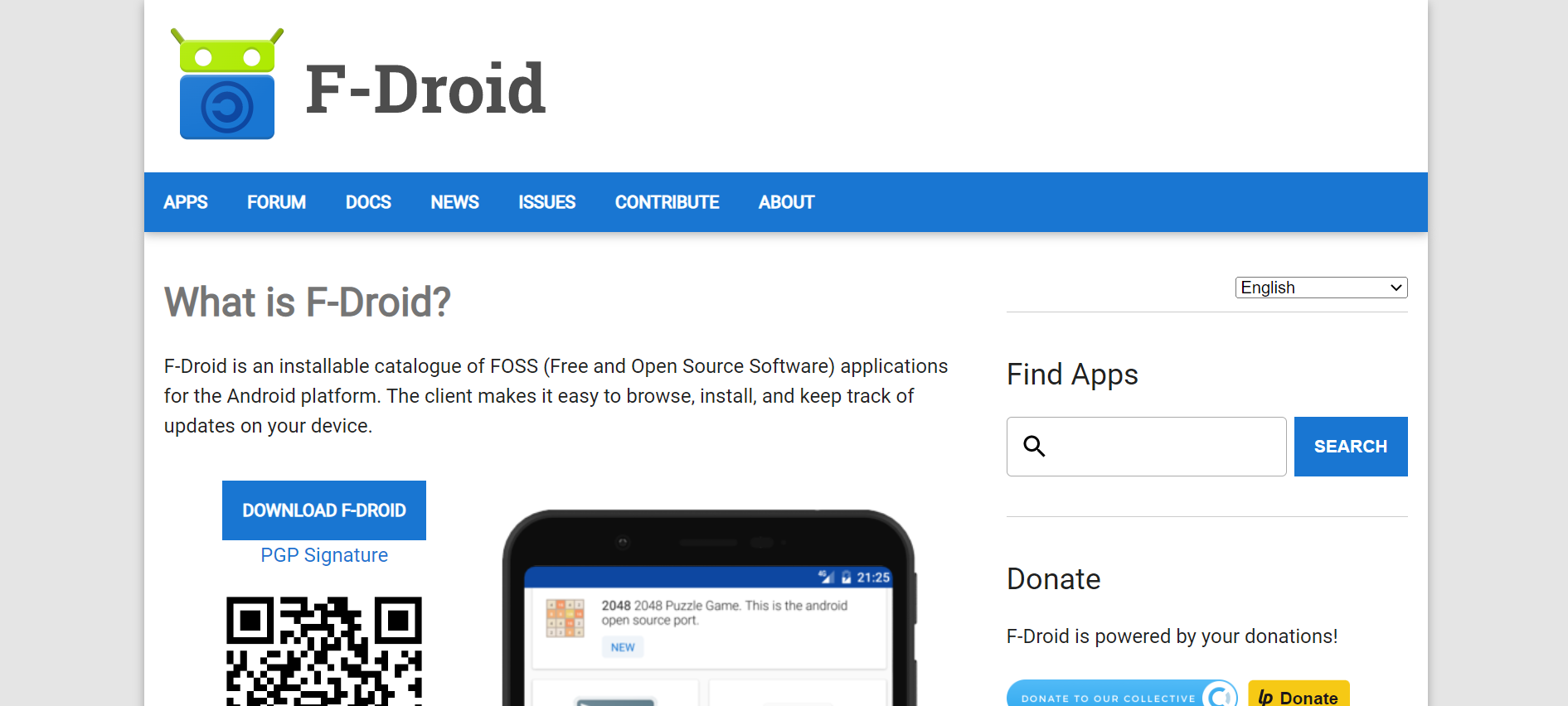
6. Aptoide – An alternative Android app store with a large collection of apps. However, the apps are not subject to the same level of verification as Google Play Store.
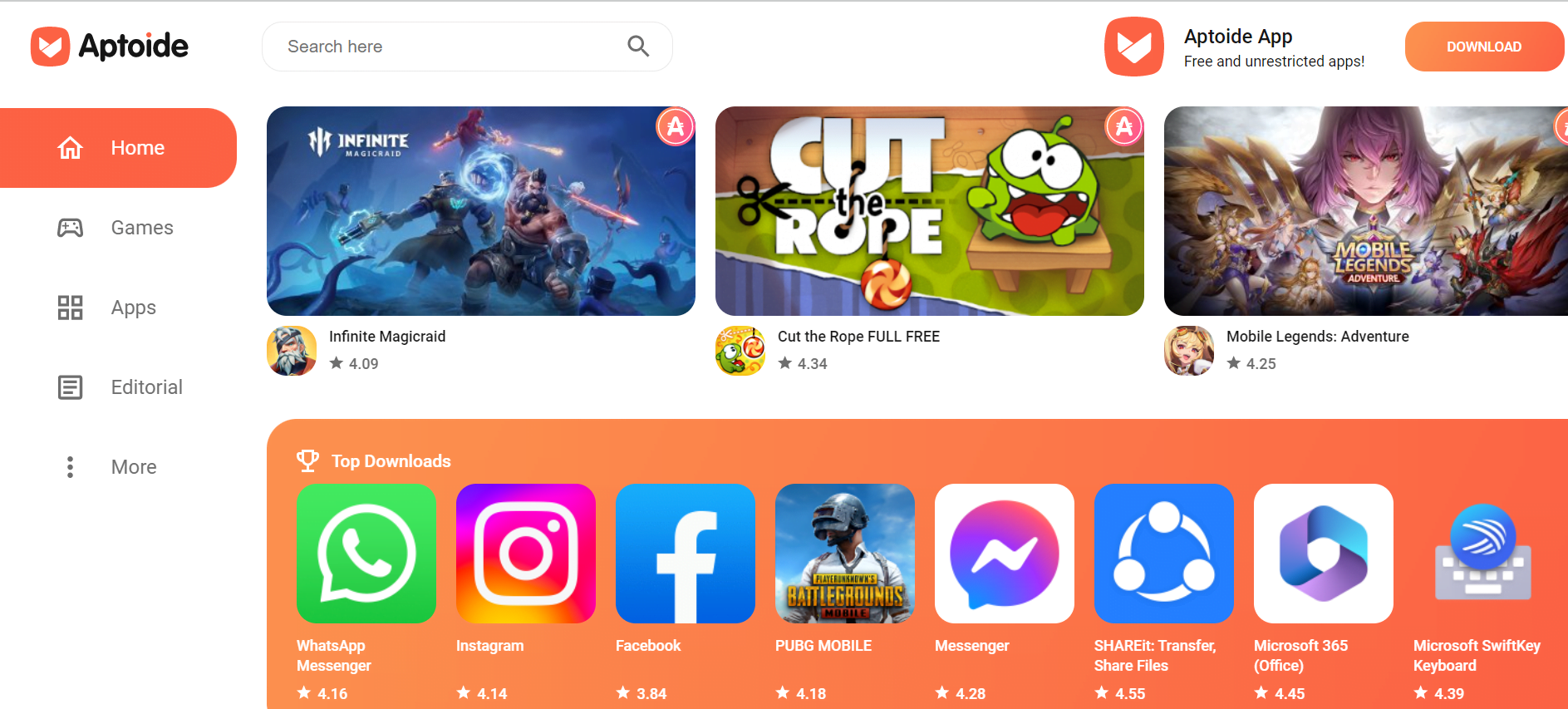
7. SlideME – Another third-party Android app market with apps categorized into slides for easy discovery. Apps go through a basic verification process.

8. Mobogenie – Android app store popular in some Asian countries. Has a mix of locally popular and major global apps. Not as strictly regulated as the Google Play Store.
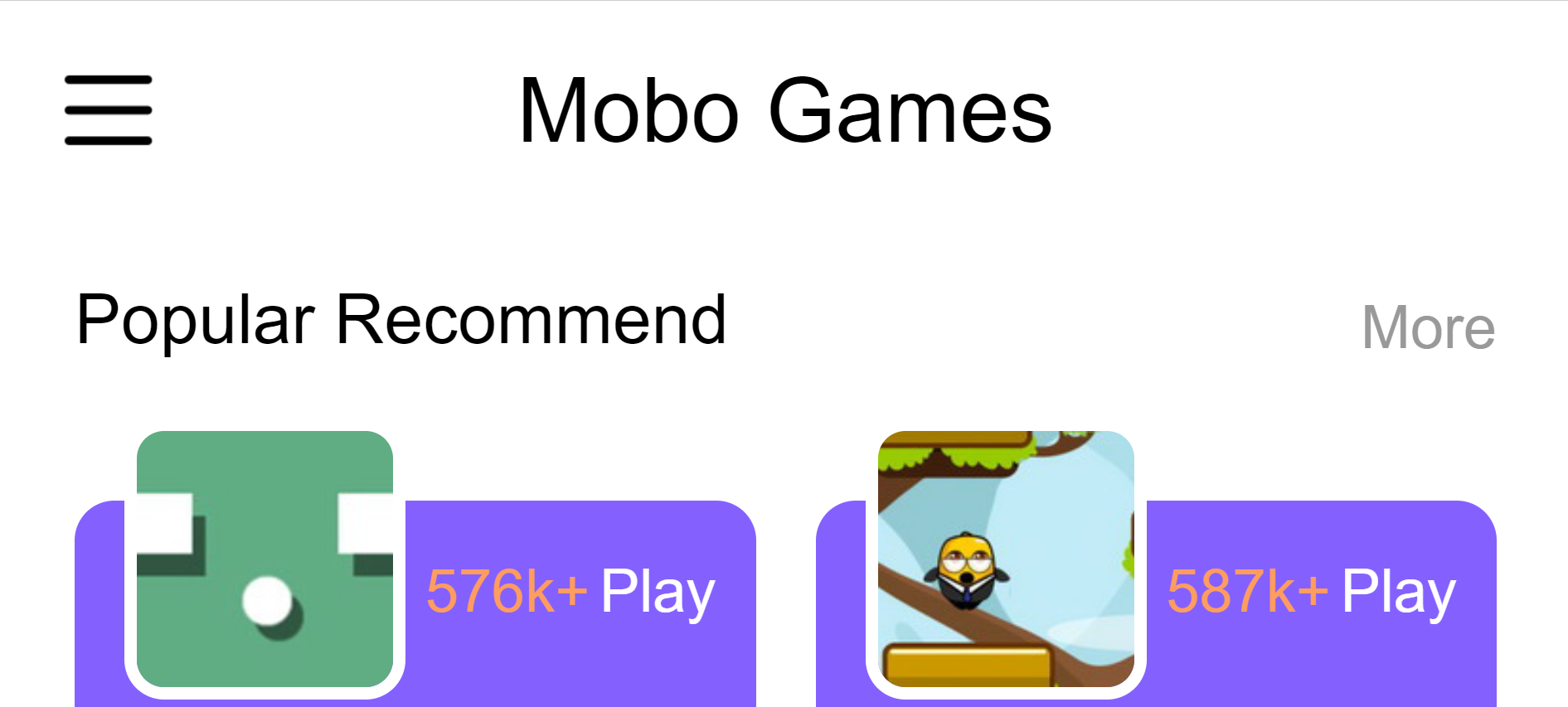
9. GetJar – One of the long-standing third-party Android app stores with apps from major developers as well as smaller independent ones.

10. Uptodown – a Spanish app store for Android with a wide range of apps in categories like music, tools, education, etc. Available in multiple languages.

Here are some additional details about the major Google Play Store alternatives:
– Apple App Store: A very curated selection of high-quality apps. Strict app review process and content guidelines. Only available for iOS devices which have a smaller market share than Android. All purchases must go through Apple and they take a 30% cut of sales.
– Amazon Appstore: Good collection of major apps plus Amazon’s apps and services. More lenient app policies than Apple but still a review process. Available on Fire OS devices in addition to regular Android. Amazon offers an app of the day that can generate more downloads for developers. Developers can keep 70% of sales.
– Samsung Galaxy Store: Focussed on showcasing apps optimized for Samsung devices. Pre-installed on Samsung phones and tablets which dominate the Android device market. Samsung takes a lower 20% cut from developers. But limited to Samsung users only.
– APKMirror: No app review or restrictions as such since it just distributes APK files. Huge selection but quality and security can be concerns. No commercial options for developers to distribute paid apps. Only suitable for advanced users who understand sideloading apps and their risks.
– F-Droid: Carefully curated selection of only free and open-source apps. Volunteer-run store with a focus on privacy, security, and ethics. Developers must give full permission to redistribute their apps. Very limited commercial potential. Mostly useful for finding open-source Android apps.
– Aptoide: Community-based app store with a very wide range of apps. No centralized review process, apps are posted by users and the community can rate them. Commercial options include an Aptoide For Business version. However, quality, security, and intellectual property concerns exist due to a lack of oversight. Targeted more at budget devices and emerging markets.
– Other stores: SlideME, Mobogenie, GetJar, and Uptodown have somewhat better app reviews than Aptoide but policies vary.
They offer developers more reach into certain regional audiences and device segments where the Google Play Store may not dominate.
Commercial terms also tend to be more favorable to developers. But still not as robust as the mainstream stores in terms of quality and security.
Read more:-
Get Google Play Services On Android Devices
Highest Rated Application on Google Play Store
Here are some additional points about alternative app stores:
– Limited availability of major apps: Most third-party stores do not have the popular apps from Google, Facebook, Twitter, Snapchat, etc. They typically have more limited selections. The major apps are usually only available on the Google Play Store and Apple App Store.
– Varying degrees of app vetting: The Google Play Store and Apple App Store have extensive app review processes to check for malware, privacy issues, copyright violations, etc. Alternative stores range from little to no vetting which can pose security risks.
– Inconsistent updates: Mainstream stores ensure that app updates are made available to users promptly. However, some alternative stores have delays in approving and distributing updates which can leave users vulnerable to old security issues or bugs.
– Commercial challenges: It is difficult for developers to generate revenue from most alternative stores. They either don’t have mechanisms to distribute paid apps or have a much smaller paying user base. This limits the incentives for many developers to publish their apps on such stores.
– Limited device support: Most third-party Android stores themselves only support certain versions of Android and specific device types. Many also require users to disable certain Android security features to allow app sideloading which the average user may not be comfortable with.
– Regional popularity: Some smaller app stores have grown popular in specific countries or regions, often due to offering locally customized apps and content. But they remain niche players on the global stage. The dominant app stores continue to be the Google Play Store and Apple App Store in most countries.
– Uncertain longevity: The app store ecosystem is rather volatile. Many smaller stores launched with lots of hype and promise but were eventually shut down. There is always a risk that a third-party store may close down at some point, in which case users would lose access to the apps they downloaded from them.
– Openness vs. curation: Alternative app stores promise more open and unrestricted access to apps. However many users and experts argue that the mainstream stores’ careful curation results in a better overall app experience and ecosystem. It’s an ongoing debate on how open or regulated app distribution should be.
– Sideloading and privacy concerns: When users install apps from outside the Google Play Store, it requires enabling “Unknown Sources” on Android which reduces security. Alternative stores also often have access to more user data than mainstream stores. This can be concerning for privacy-focused users.
More details about the major Android app store alternatives:
– Apple App Store –
– Exclusive to iOS devices such as iPhones, iPads, and iPod touch.
– Has over 2 million apps, games, and more.
– Uses the same purchase and subscription models as Google Play.
– Tightly integrated with the iOS platform for a seamless experience.
– Must use an Apple ID to make purchases.
– Samsung Galaxy Apps –
– Available on Samsung Android devices.
– Focused on apps and content tailored for Samsung users and devices.
– Simple interface redesigned for Samsung’s products.
– Uses Samsung accounts to make purchases and subscriptions.
– Has some exclusive Samsung-branded content.
– Amazon Appstore –
– Available on all Android devices.
– Large selection of free and paid apps, games, books, music, movies, TV shows, and more.
– Uses Amazon accounts for purchases with 1-click buying.
– Offers app store optimization features like app discovery and engagement ads.
– Part of Amazon’s content ecosystem along with Prime Video, Music, Reading, etc.
– Aptoide –
– Popular third-party Android app store.
– Minimalistic interface with customizable sections.
– Focused on privacy, ad blocking, and modders communities.
– Uses optional in-app purchases or provides an option to download APK files directly.
– Community-curated app recommendations and ratings.
– Allows sideloading of APK files from other sources.
– Microsoft Store –
– Exclusive to Windows-powered devices including Windows phones, PCs, tablets, Xbox, etc.
– An app store for the Microsoft ecosystem with integrated Microsoft account usage.
– A limited selection of apps focused more on Microsoft’s software and services.
– Tight integration with other Microsoft products like Xbox Game Pass, Office 365, Windows 10, etc.
– Default app store experience on Windows devices.
– And the other stores…(F-Droid, APKMirror, etc.) have similar characteristics with different focuses, selections, and integrations.
– More choices – With multiple app stores, you have access to a wider range of apps, games, content, and software options. You can choose the store that best suits your needs.
– Competition – The competition between app stores benefits users through lower prices, better curation, improved features, and better customer experience.
– Avoid Google – If you prefer to avoid Google’s services, alternative app stores provide options to still get great Android apps and content without needing a Google Account.
– Customization – Some alternative app stores offer more customization options like theme selection, widget placement, home screen customization, and launcher features.
– Streamlined experience – App stores like Samsung Galaxy Apps and Microsoft Store provide a simplified, streamlined experience tailored for their platforms (e.g. Samsung phones or Windows PCs).
– Exclusives – Certain stores may offer exclusive apps, games, books, movies, TV shows, and other content not found elsewhere. You may find hidden gems in alternative app stores.
– Privacy – Some alternative app stores focus specifically on privacy, security, and limiting data collection. They avoid intrusive ads and strict data usage. App choice is also scrutinized.
– Open source – If you prefer open-source software, F-Droid is an app store dedicated to open-source Android apps. All apps are open source, free of charge, and free of ads.
– Try before you buy – Many alternative app stores and some apps themselves offer free trial periods so you can try the service or app before committing to a paid subscription.
– Discounts – You may find apps, games, and subscriptions at a lower upfront cost or cheaper ongoing fees across alternative app stores. Deals and sales happen frequently outside of the Google Play Store.
– Install APKs – As a last resort, you can always download APK files directly from websites like APKMirror, Uptodown, etc. to install apps not found in any app store on your Android device. But be very cautious using this method due to security risks.
This is all about the alternatives of the Google Play Store.
If you want to expand your reach and want to overcome your competition and always want to stay ahead of your competitors then you should expand your reach.
Make sure to create an account on these platforms and publish your Android applications except the Apple App Store.
Read more:-
4 Ways To Find Redeem Codes On Play Store
Make Money By Publishing Android Application
Bottom lines:
Google Play Store is one of the best places where you can find tons of applications in one single niche.
If you want to get installs on your Android application then you need to think beyond publishing your app on the Play Store.
You can explore these platforms and can create a free account on them. You can publish your Android application and can avoid Google’s strict policies.
If you found the article helpful then don’t forget it to share with your loved ones, friends, and families. Let me know if you have any questions.

